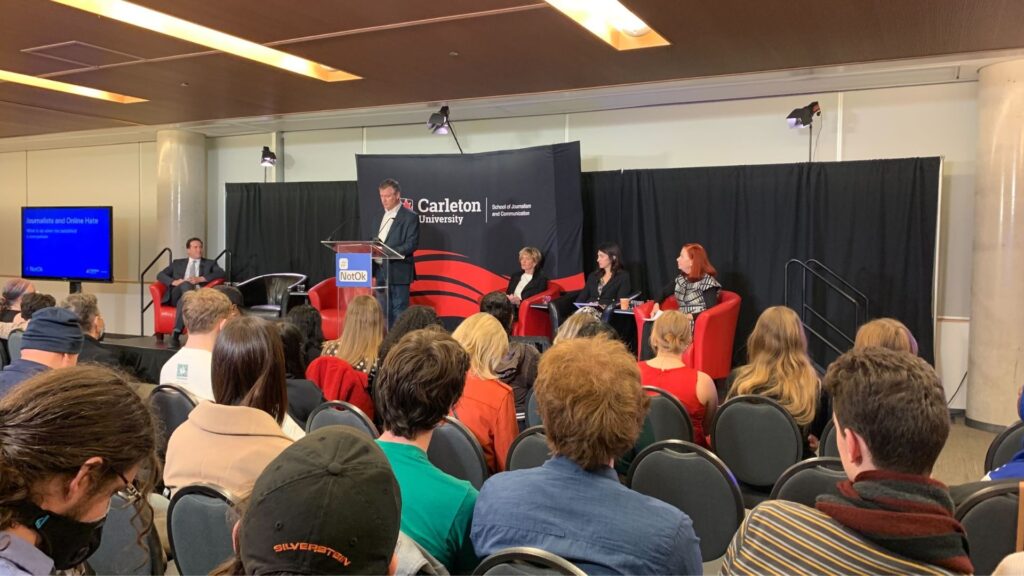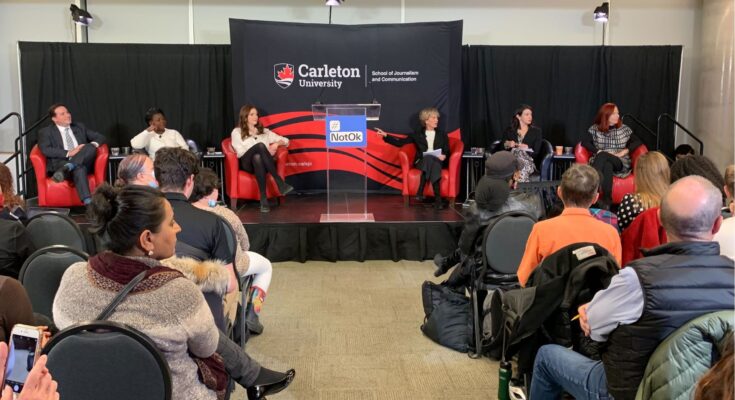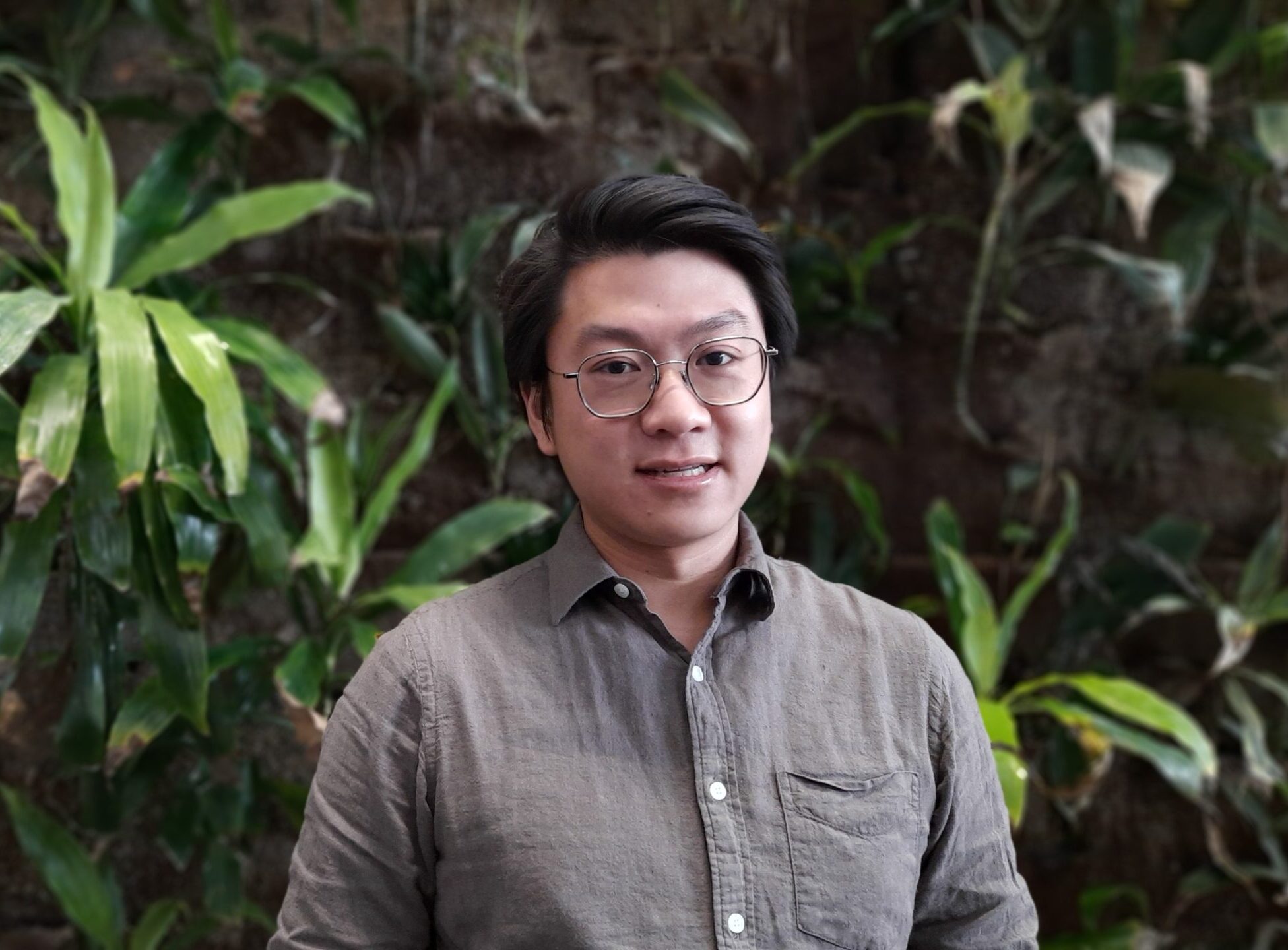Leading journalists and senior leaders from various media outlets participated in a two-hour panel discussion about the online hate journalists face.
The event took place on Dec. 1. and was organized by Carleton University’s School of Journalism and Communication (Reloading News is a website produced by graduate students enrolled in the program). About 100 people attended the event.
Allan Thompson, the head of the journalism program, said the university organized the panel because online harassment received by journalists is one of the most important issues in the industry. He added that harassment disproportionately targets women journalists and journalists of colour.
“It’s important for this to be confronted in a journalism school — for our students, for our role in the industry,” he said.

In her introductory remarks, Sonia Verma, editor-in-chief of Global News, said online harassment has impacted workplace morale.
“One of the things I’m seeing in my newsroom, and this is the thing that really devastates me, is people leaving the business,” she said. “Frankly, it’s a problem for our democracy.”
Other journalist panellists at the event included Hill Times columnist Erica Ifill, Global News reporter Rachel Gilmore and Toronto Star journalist Saba Eitizaz. They were joined by Public Safety Minister Marco Mendicino and CBC president Catherine Tait.
Tait said it is important to talk about the issue openly. She cited the preliminary findings of an upcoming study by the Sunnybrook Health Sciences Centre in Toronto, which found journalists who are harassed online have significantly more symptoms of anxiety, depression, and post-traumatic stress.
“For journalists today, the battlefield is everywhere,” she said.
Freelance journalists particularly vulnerable: panellists
Ifill noted that freelance journalists are especially vulnerable to online hate because they lack the support of a newsroom.
She said freelancers who are not established, who are racialized or 2SLGBTQ+ and who “are not being picked up by this promise of diversity of voices,” are dependent on social media to find work.
Disconnecting from social media, Ifill said, isn’t an option for them.
At the same time, she said she has had to explain racist and misogynist experiences in ways their white counterparts do not.
“Even me, who was born in this country, has to explain why something is misogynist, why something is racist, to upper management because we need their buy-in to do something and to take it seriously,” she said.
Dealing with police is frustrating
Ifill, Gilmore and Eitizaz were all targeted by similar online threats in August and all reported those threats to police.
Gilmore said having to frequently report threats takes time away she could be spending reporting.
“It’s like this added hurdle that I’m getting a call from a police officer in the middle of my day when I’m trying to get my work done,” she said.
Gilmore also said whenever she does go to police, she’d frequently be told what she received didn’t constitute a threat under the law and that threat needs to be more explicit for them to act on it.
For his part, Mendicino said Gilmore’s experience raises questions about how the standard of what does and doesn’t constitute a threat is being applied by police
“What I’m looking for is objective clarity about how police make decisions about what is clearly criminal… and how they are responding to that in a way to ensure that there is accountability,” he said.
In his concluding remarks, Mendicino reiterated the importance of journalists like Gilmore and Ifill speaking publicly about their experiences, and for public officials to be aware of the seriousness of the situation.
In an interview the next day, Thompson said he was glad that Mendicino was able to attend, and hear from journalists directly.
“The feedback that I got from the participants, from the audience, I think it was useful,” he said. “It kind of combined the testimonial aspect of those who are suffering from this sharing [their experiences], but also being able to … talk about specific things that can or should be done.”
The full panel discussion can be viewed on the Carleton School of Journalism and Communication’s YouTube channel.




